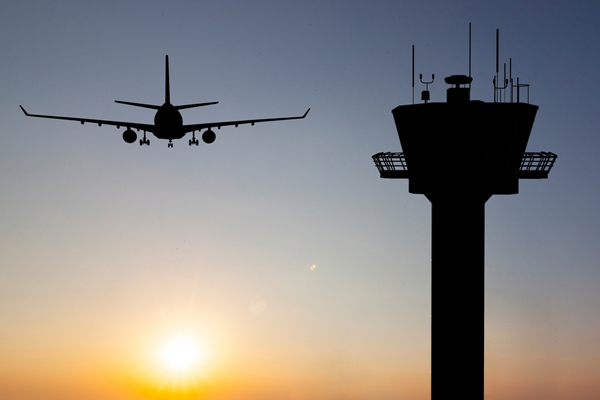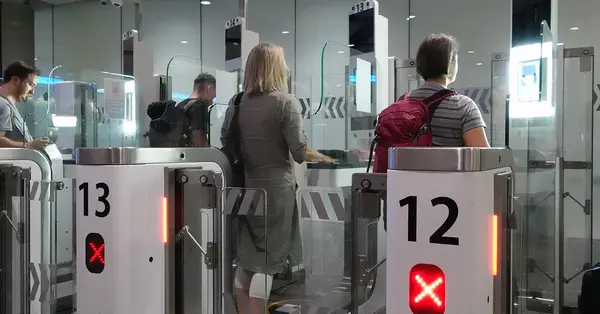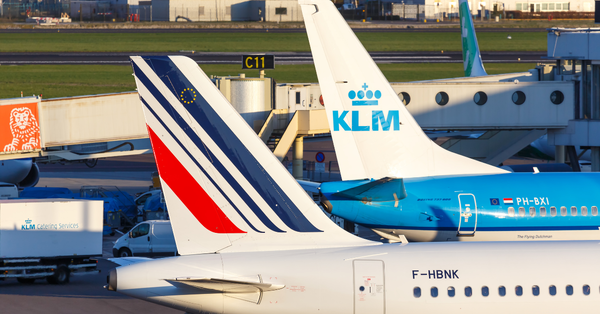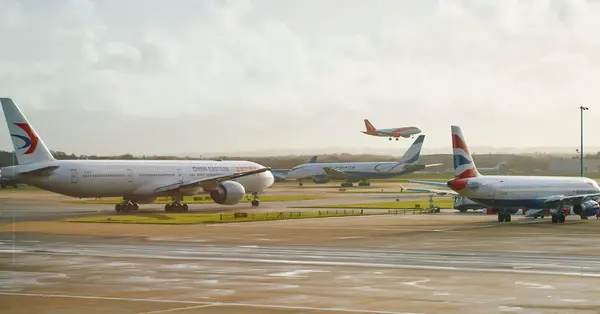You are viewing 1 of your 2 free articles
Aviation experts call for ‘reality check’ after ATC meltdown
The extent of disruption to UK air traffic on Monday could not be avoided, with aviation sources demanding "a reality check” following the meltdown caused by a system failure at air traffic control provider Nats.
Flight schedules returned nearer to normal by Tuesday evening after almost 1,600 flights were cancelled on Monday, although media reports suggested flights remained "significantly disrupted”.
The UK's largest carrier easyJet reported "operations largely back to normal”, with a spokesperson saying: "We cancelled a few flights on Tuesday morning, but the schedule is now back on track and there is nothing to suggest that will change for the rest of the week.”
More: Agents call for better communications after flights disruption
However, British Airways reported "continuing knock-on effects of yesterday's Nats issue” including "unavoidable delays and cancellations” and said: "We're advising customers to check the status of their flight before travelling to the airport.
"Any customers who have their flight cancelled are being rebooked on other BA flights and alternative carriers.”
Aviation analytics firm Cirium reported 182 departing flights cancelled on Tuesday, following 790 cancelled departures on Monday.
Cirium recorded 163 cancelled inbound services on Tuesday after 785 flights inbound to the UK were cancelled on Monday.
The cancellations amounted to 27% of the total on Monday and 6% on Tuesday, with a further 1% of flights cancelled on Wednesday morning.
Nats identified the cause of the "technical issue” with its' flight-planning system on Monday as due to the submission of faulty data after warning: "It will take some time for flights to return to normal.”
Passengers complained of poor communication by carriers and limited staff availability, and agents called for improved information for the trade.
Advantage Travel Partnership chief executive Julia Lo Bue-Said argued: "It's critical airlines remain in close contact with agents and tour operators so they can provide support.”
However, a leading airline source insisted: "This was unexpected on an exceptionally busy day. The outcome could only be terrible. It caused a meltdown in the schedule.
"There is criticism there were not enough staff at airports. But airlines had staff at levels for a bank holiday. There is criticism airlines' communications weren't good enough. But airlines didn't know what was happening. It was a complete meltdown.”
The source explained: "Departing flights took priority because airports were overflowing. Everything in the air had to be prioritised.
"Then the length of an outage makes a difference – every hour it goes on has a disproportionate outcome [on the extent of disruption]. Crews fall ‘out of hours', and aircraft are in the wrong place.
"Flights were full so you couldn't easily rebook people, and airport food and beverage was running out because there were so many people.”
A second source insisted: "There has to be a reality check. Aviation is incredibly complex. The industry has made it look simple but it's not. There will be lessons. But whatever you do, when something as fundamental as this happens, there is not going to be a good outcome.”
Sources insisted: "There were no safety implications.”
Nats later confirmed some of the data it had received caused an automatic shutdown of its systems.


















